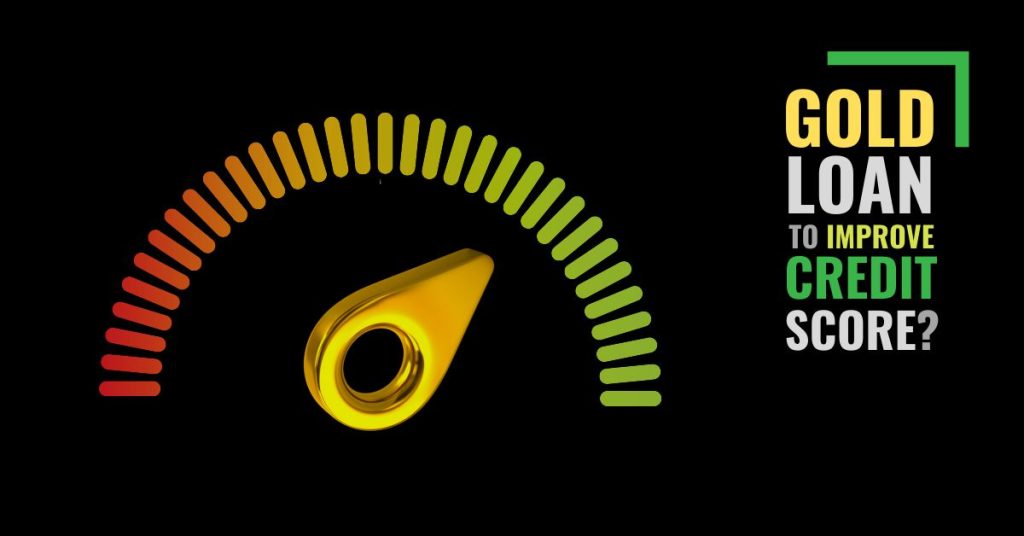Your Credit Information Bureau (CIBIL) score, often referred to as your credit score, plays a pivotal role in your ability to secure various types of credit, including gold loans and other forms of borrowing. Lenders use this score to assess your creditworthiness and make lending decisions. Here are five factors that can impact your CIBIL score when applying for a gold loan or any other form of credit:
1. Repayment History
Your repayment history is one of the most significant factors affecting your CIBIL score. It reflects how diligently you’ve met your financial obligations in the past, including credit card payments, loan EMIs, and other debts. Late payments, missed payments, or defaults can significantly lower your score. On the flip side, consistently making payments on time can boost your score and demonstrate your creditworthiness to lenders.
2. Credit Utilization Ratio
The credit utilization ratio measures the amount of credit you’ve used compared to the total credit available to you, typically expressed as a percentage. For instance, if you have a credit card with a limit of $5,000 and you’ve used $2,000, your credit utilization ratio is 40%. High credit utilization can negatively impact your CIBIL score, as it suggests that you may be heavily reliant on credit. It’s advisable to keep your credit utilization below 30% to maintain a healthy score.
3. Credit Mix
Lenders assess the variety of credit accounts you hold, such as credit cards, personal loans, auto loans, and mortgages. A diverse credit mix can positively impact your CIBIL score, as it indicates your ability to manage various types of credit responsibly. However, opening multiple new credit accounts in a short period can have a negative impact, as it might suggest financial stress or recklessness.

4. Credit History Length
The length of your credit history also influences your CIBIL score. A longer credit history provides a more comprehensive picture of your financial behavior, which can be advantageous if you have a history of responsible credit management. If you’re new to credit, your score may be lower initially, but it can improve over time as you build a positive credit history.
5. Credit Inquiries
Every time you apply for credit, whether it’s for a gold loan, a credit card, or any other type of borrowing, a credit inquiry is made. Multiple recent inquiries within a short period can signal to lenders that you’re seeking credit extensively, which may impact your score negatively. It’s essential to be selective about applying for credit and avoid unnecessary inquiries.
Bonus Factor: Negative Events
Certain negative events, such as bankruptcy, foreclosure, or settlements, can have a severe and long-lasting impact on your CIBIL score. These events often stay on your credit report for several years and can significantly hinder your ability to secure credit.
Conclusion
Your CIBIL score is a dynamic metric that reflects your credit behavior and financial management. It’s crucial to monitor your score regularly and take steps to maintain or improve it. Responsible financial practices, such as making timely payments, managing credit utilization, and maintaining a diverse credit mix, can help you secure not only a gold loan but also other forms of credit at favorable terms.


